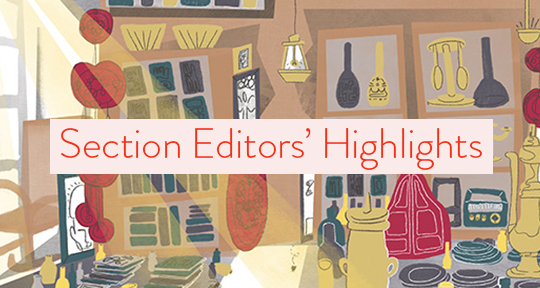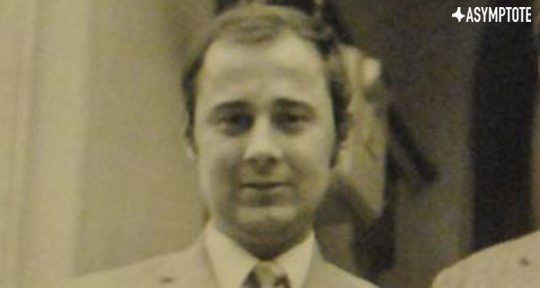This week, we mourn the loss of one of Kenya’s boldest voices in non-fiction and reportage, look in on multimedia and interdisciplinary revivals of literary works in Hong Kong, and celebrate the poetry of one’s native tongue in Mexico. Read on to find out more!
Wambua Muindi, Editor-at-Large, reporting from Kenya
In Kenya, the year began on a sombre note for writers and readers, as on January 11, Rasna Warah breathed her last. Her prolific and bold body of work includes Triple Heritage: A Journey to Self-Discovery (1998), Mogadishu Then and Now: A Pictorial Tribute to Africa’s Most Wounded City (2012), War Crimes: How Warlords, Politicians, Foreign Governments and Aid Agencies Conspired to Create a Failed State in Somalia (2014), and Unsilenced: Unmasking the United Nations’ Culture of Cover-Ups, Corruption, and Impunity (2016)—this latter work stemming from her stint as an editor with UN-Habitat, the United Nations Human Settlements Programme. A Kenyan of South Asian extraction, Warah was a committed social critic and brought this fire to her journalism and writing. Her courageous journalism, passionate writing in local dailies, and numerous X quips on national, regional, continental, and world politics endeared her to the digital public, where she remained active before and during her diagnosis of breast cancer in 2022. The loss of her voice and talent is immense, demonstrated by the outpouring of grief and reverential eulogies, and standing as a testament to the power of the pen. Among others, this grief was displayed in the tribute poem by writer Tony Mochama, celebrating Warah’s career and detailing her courage and commitment to social justice. Rest in power Rasna Warah! READ MORE…







